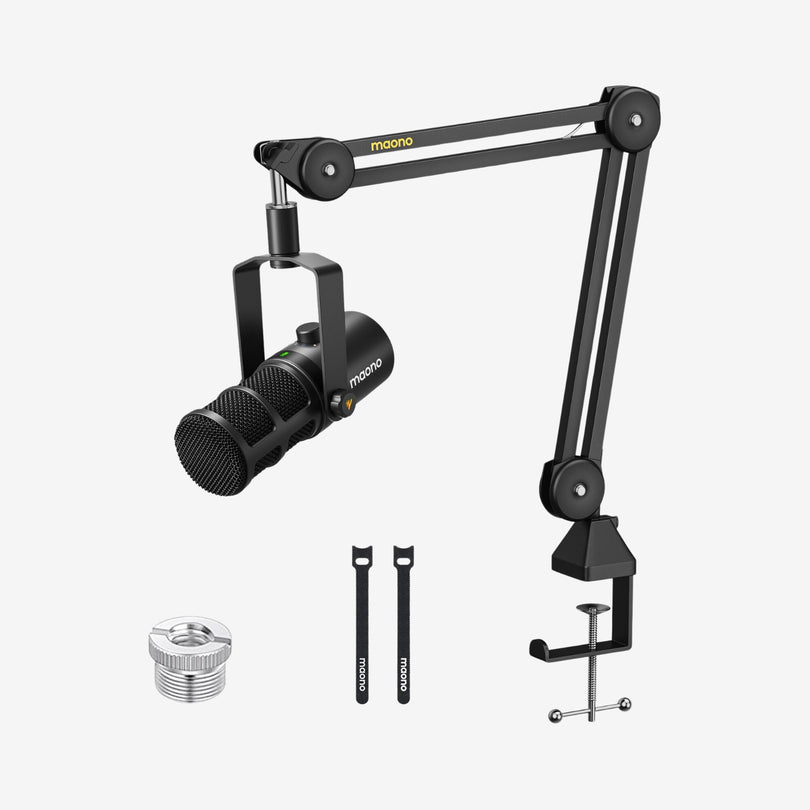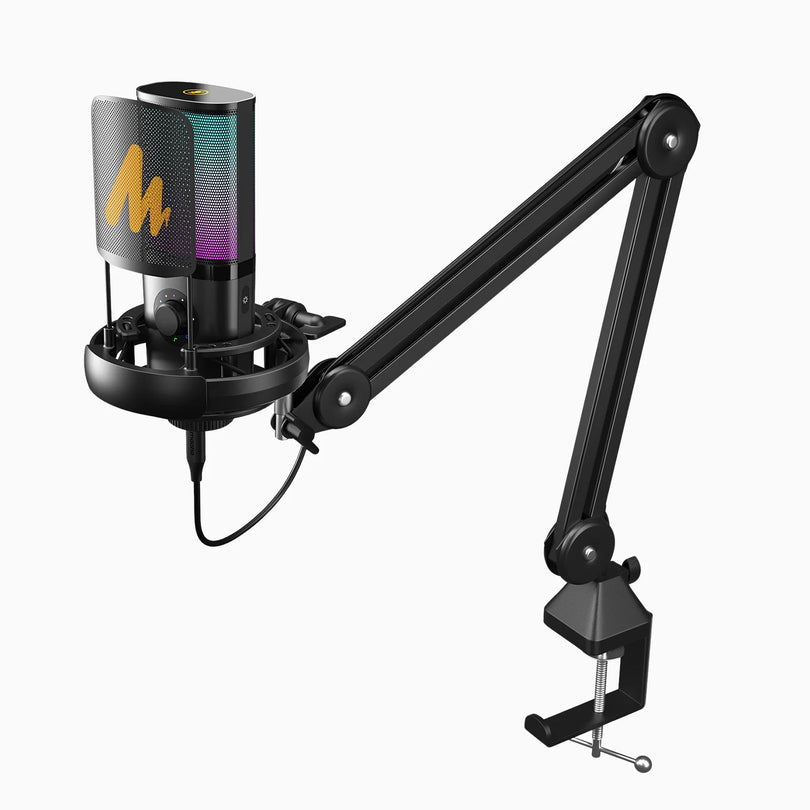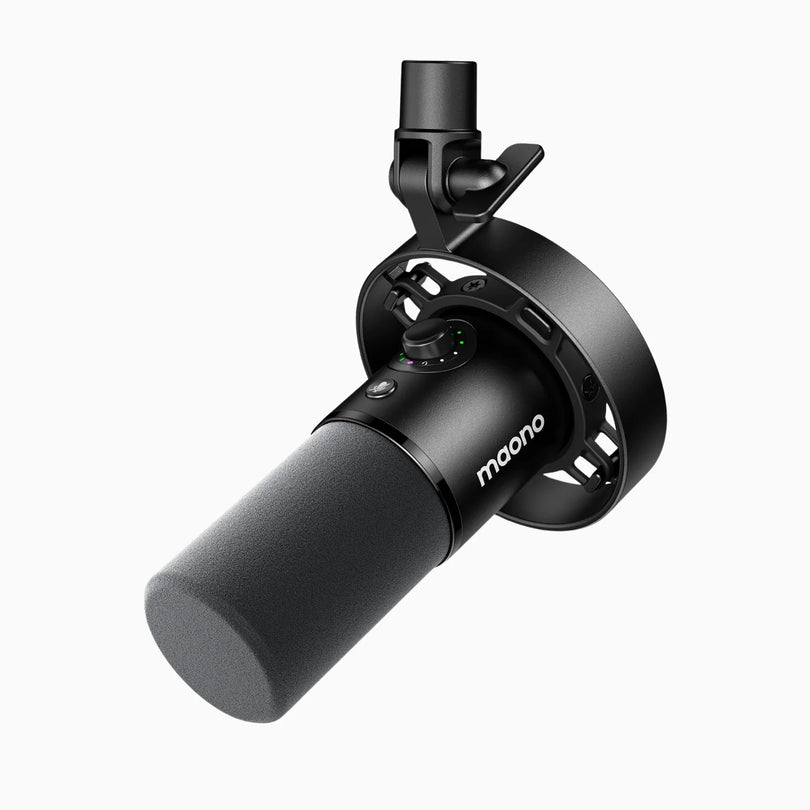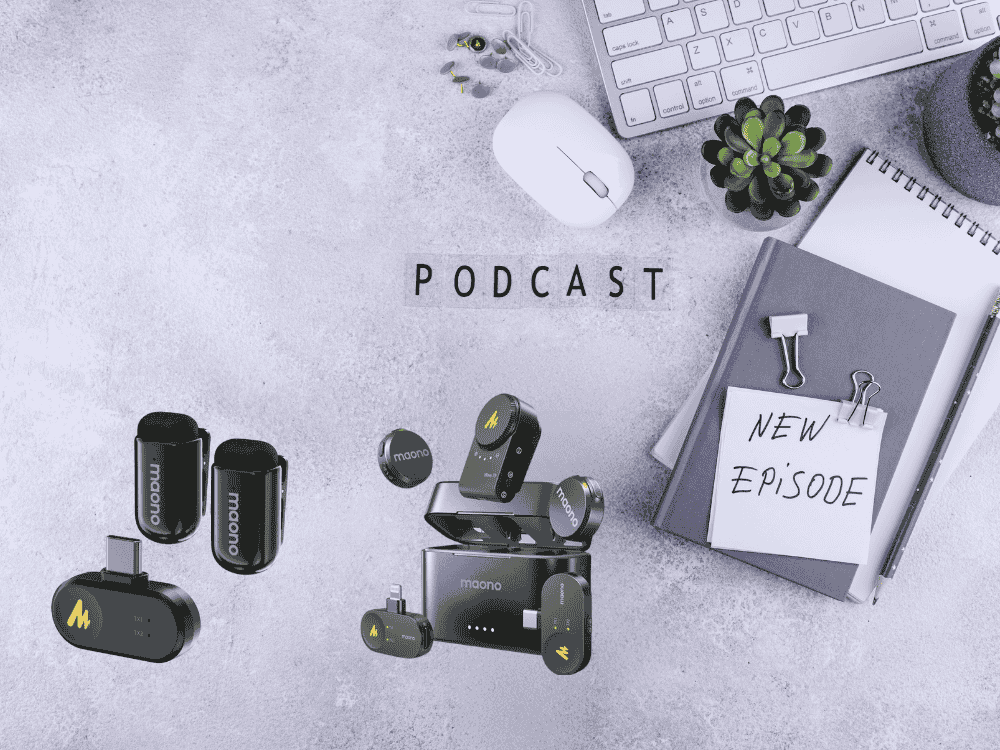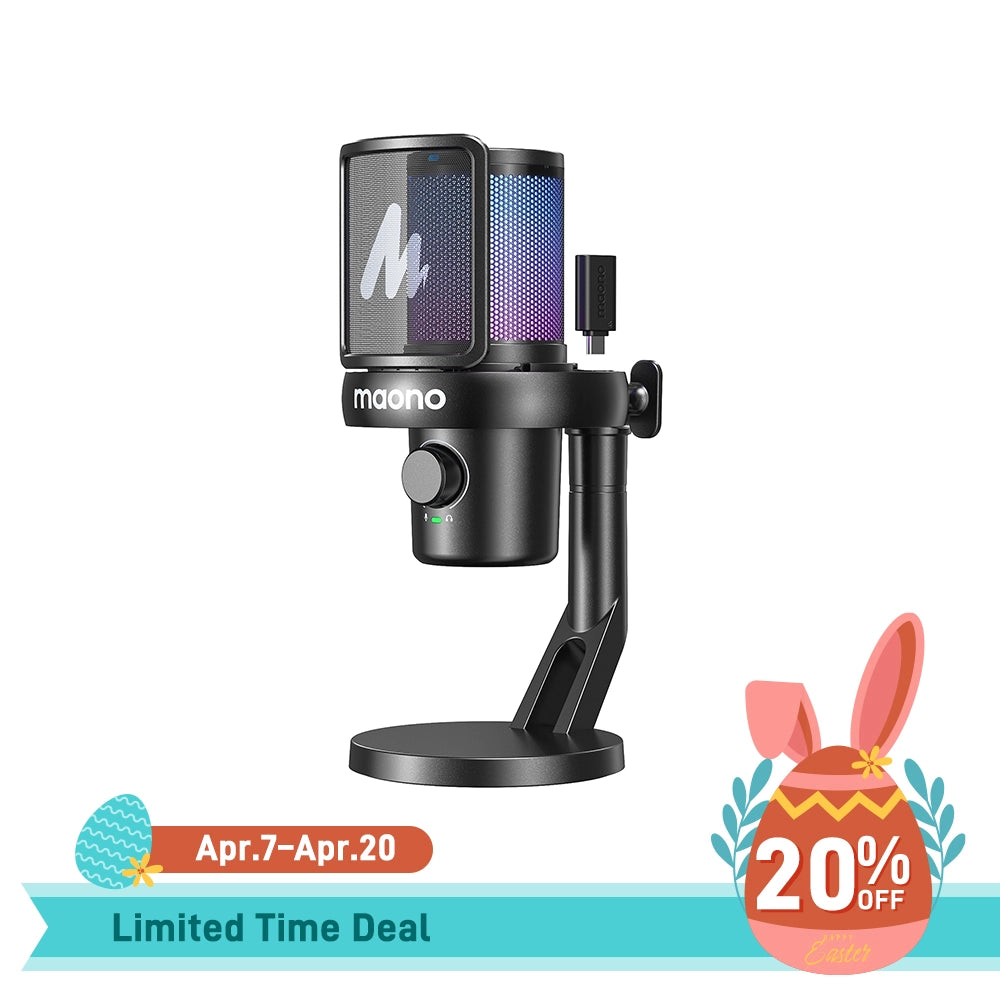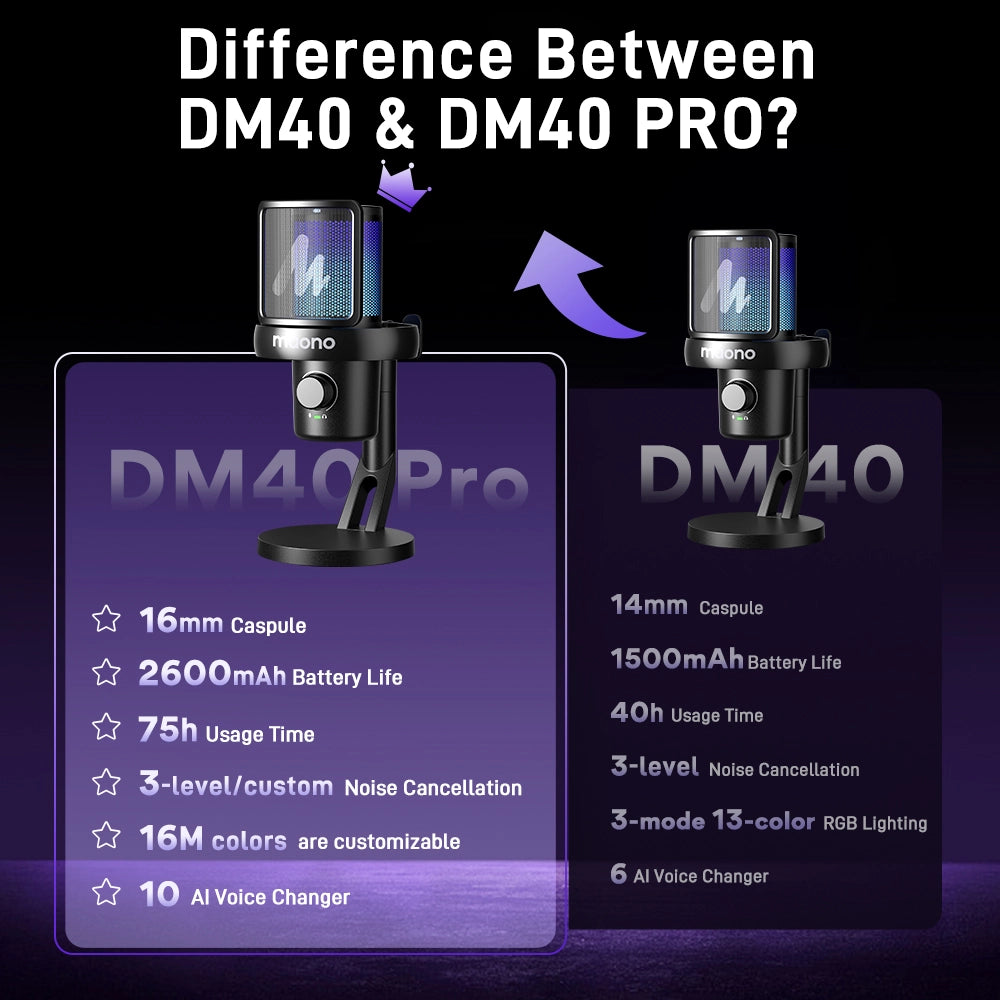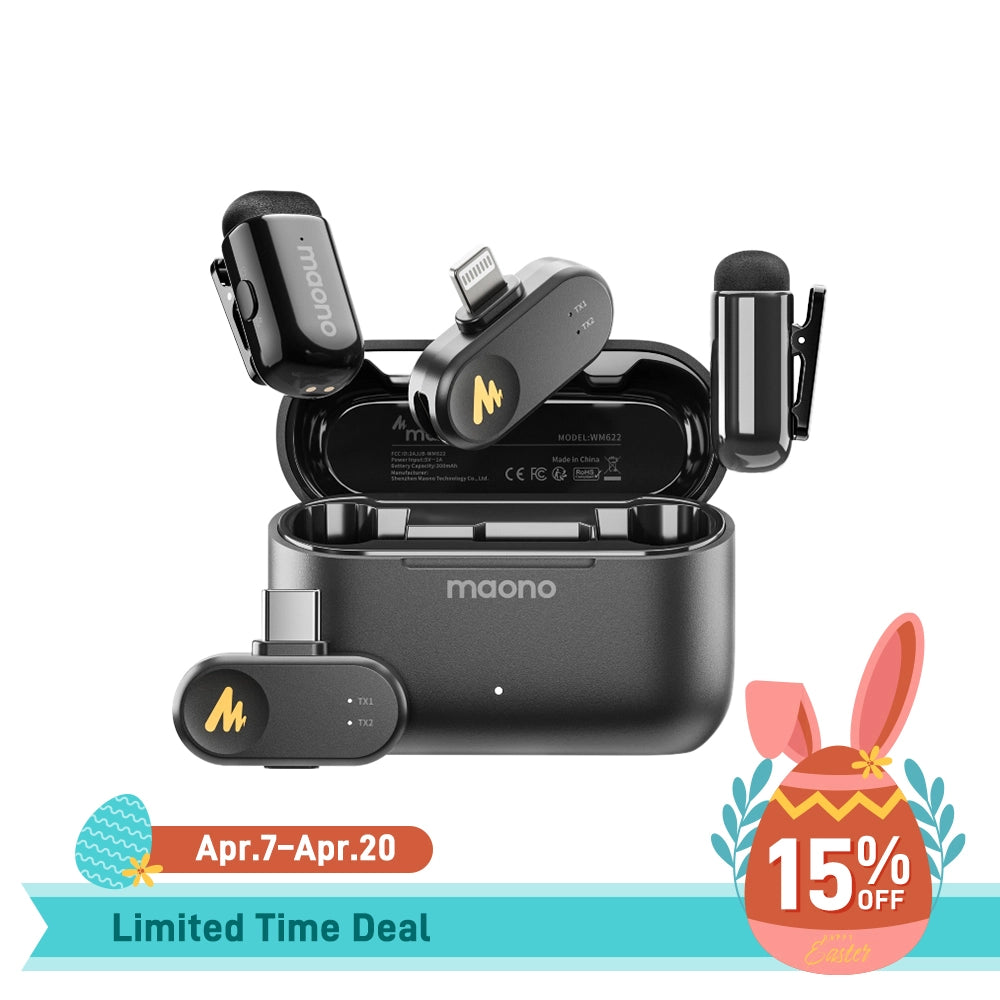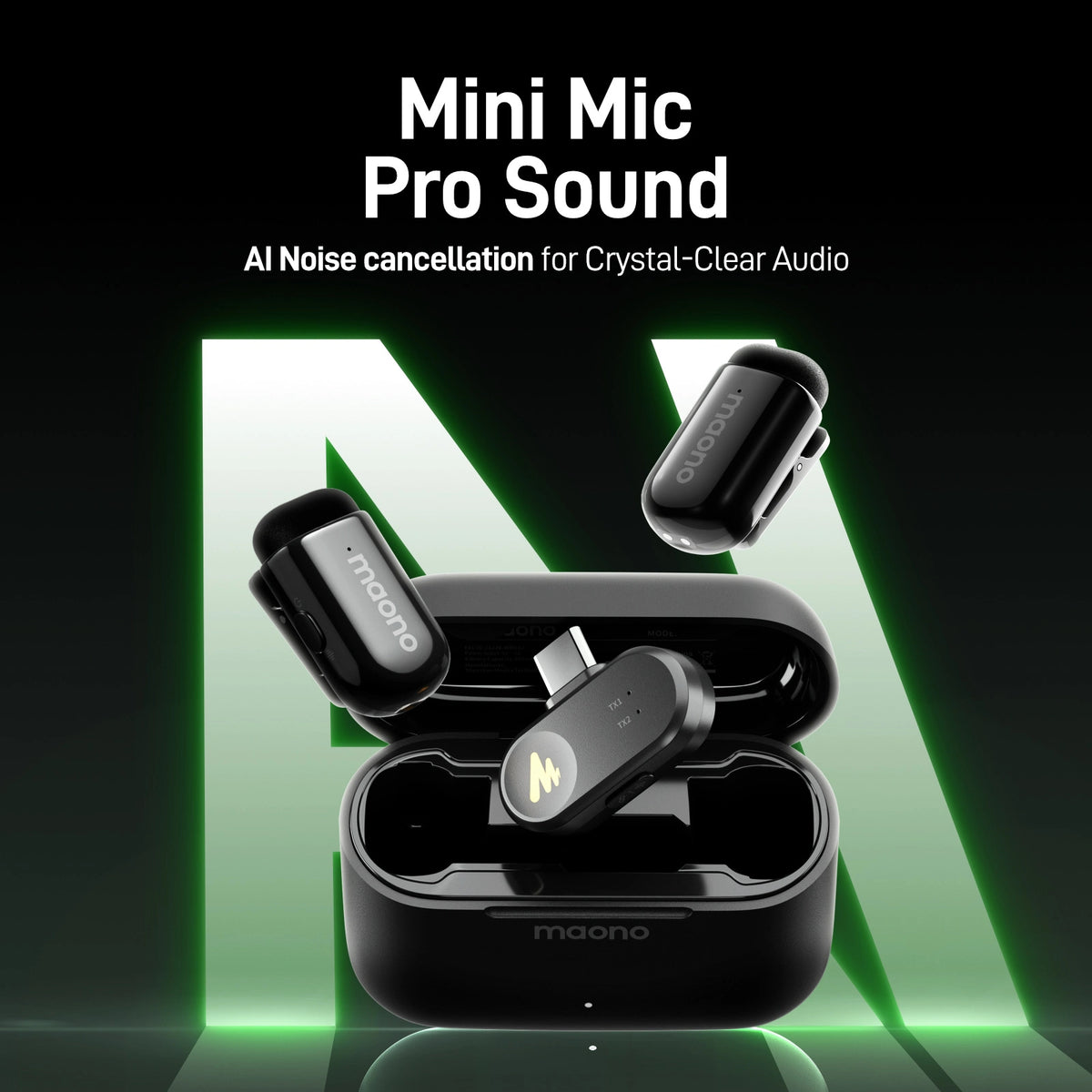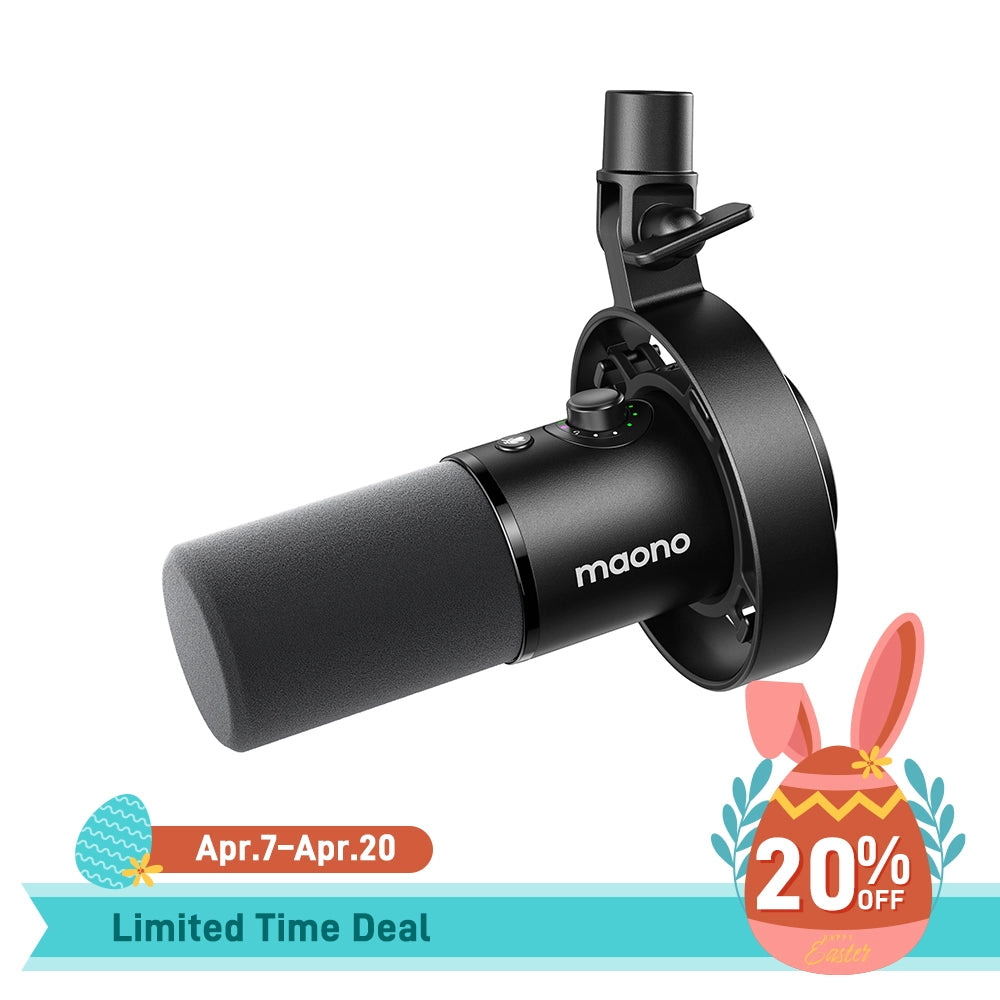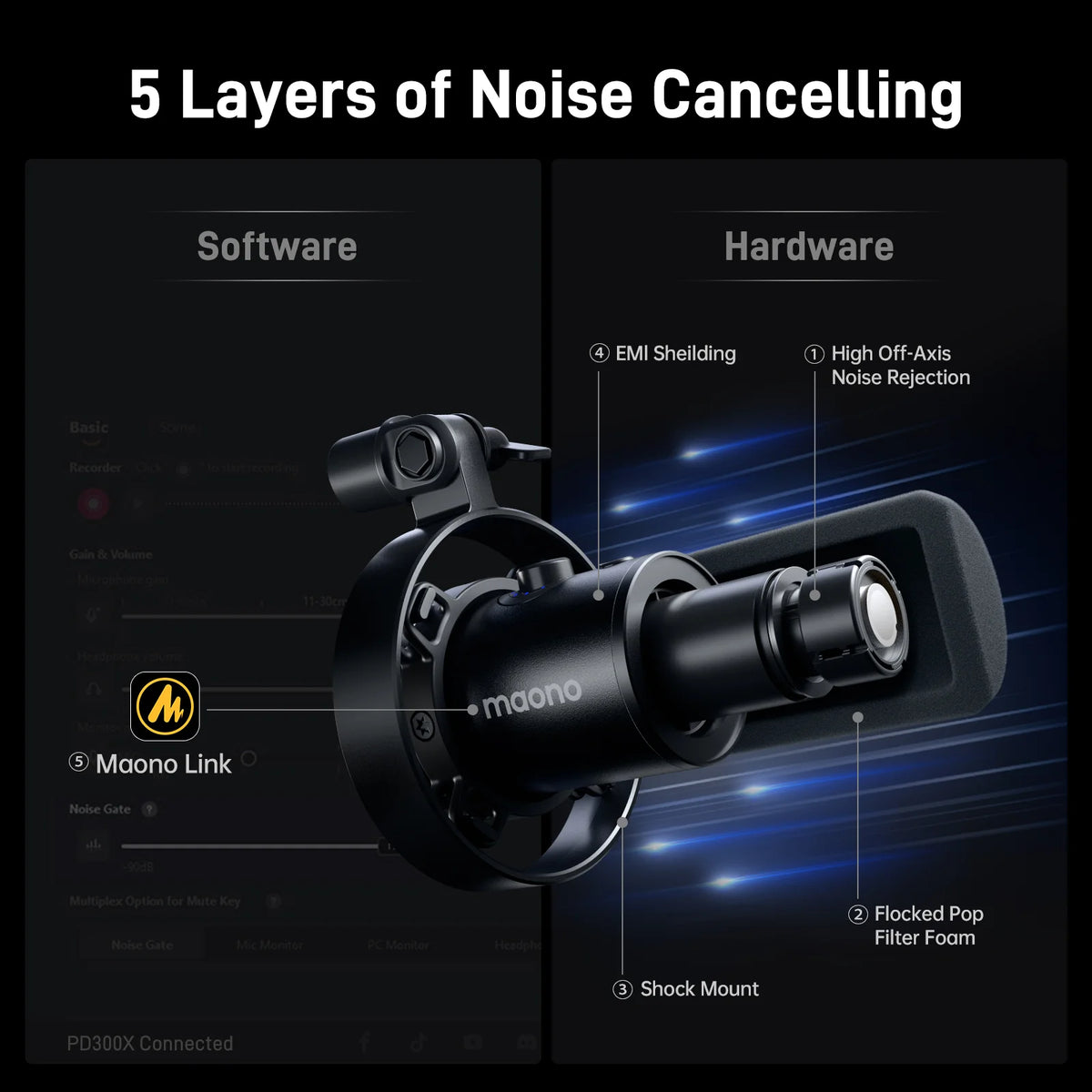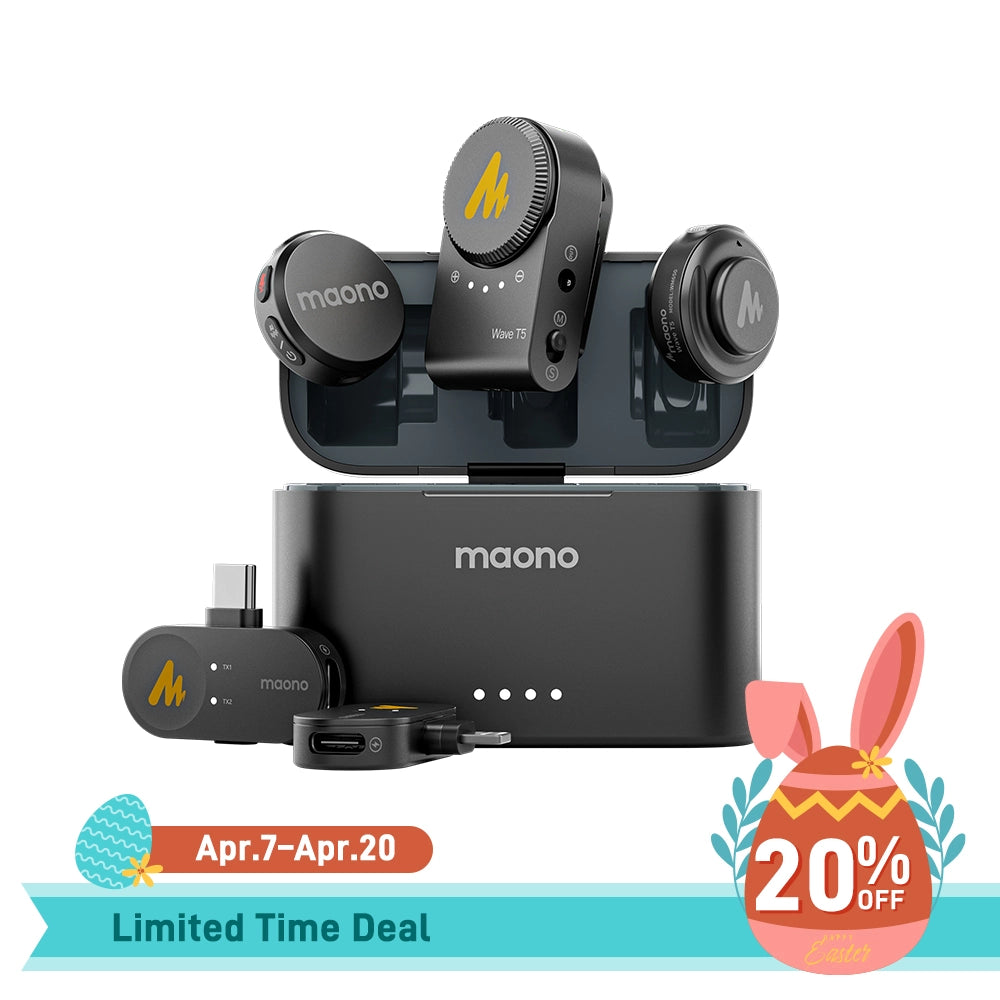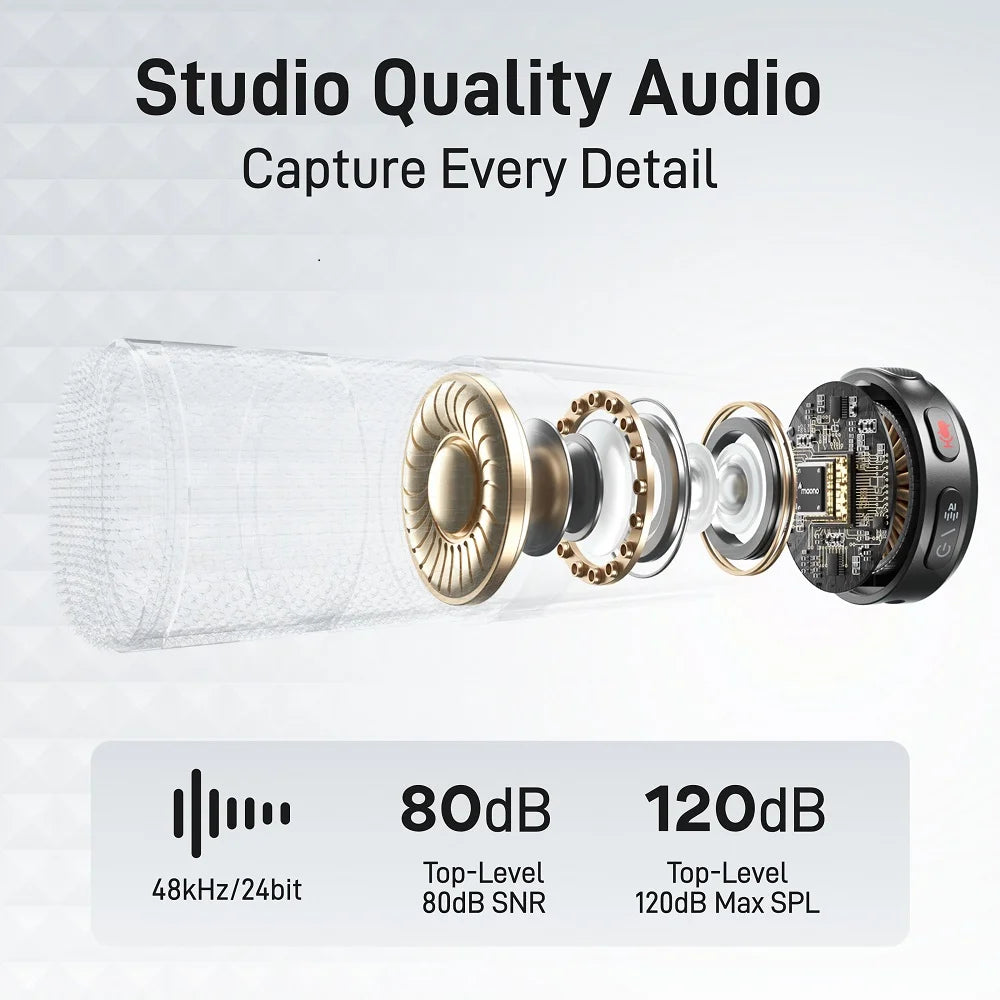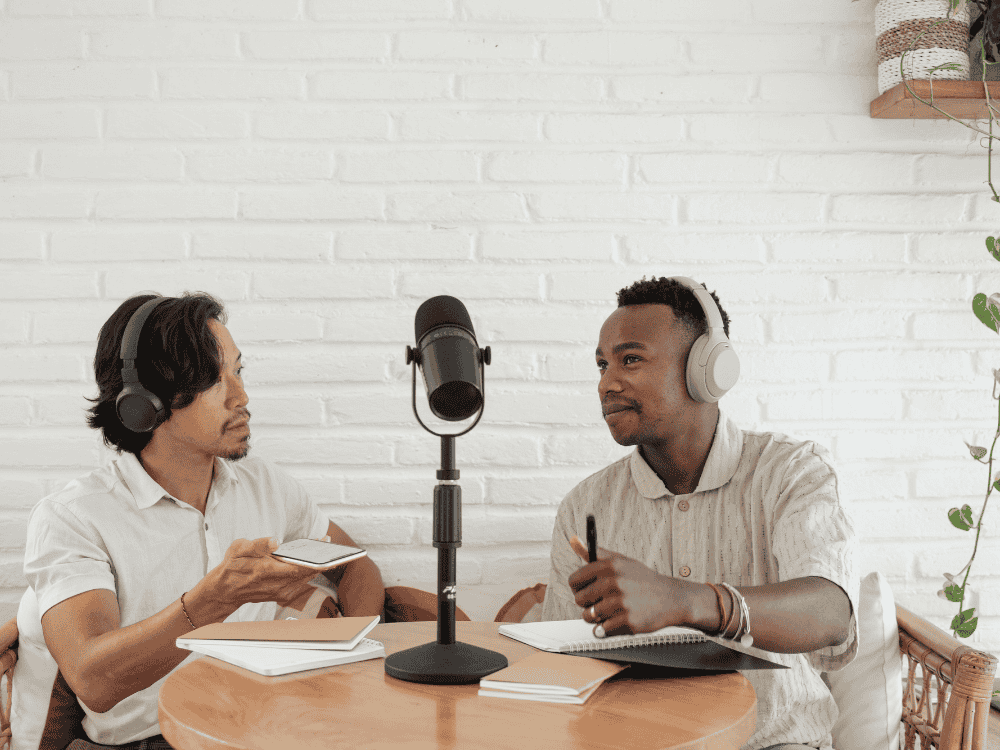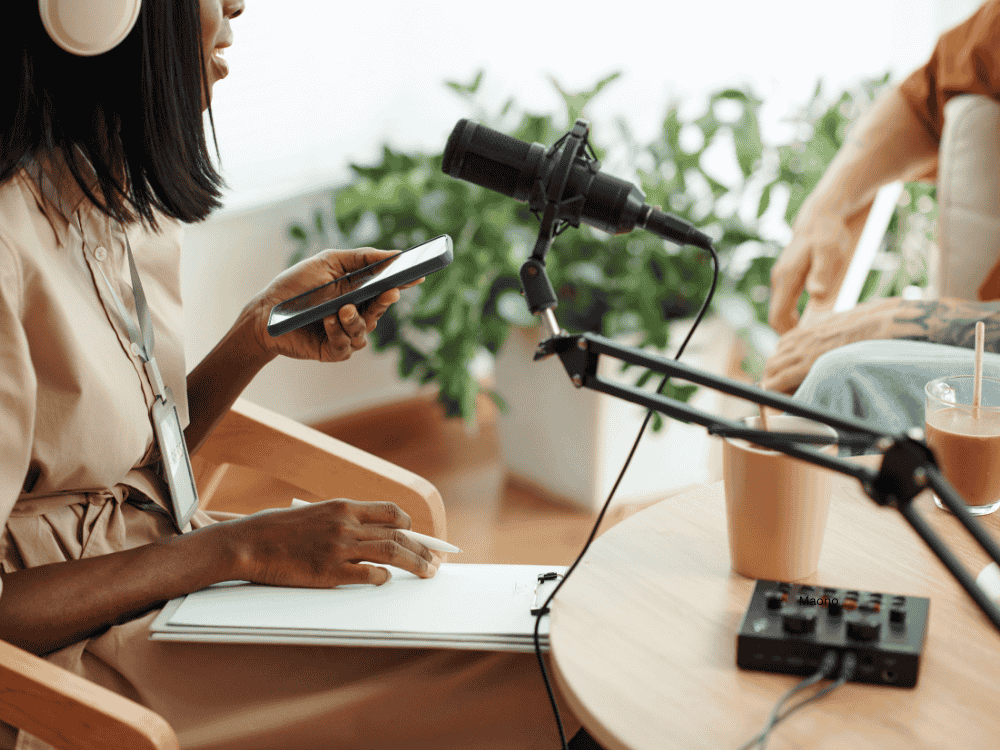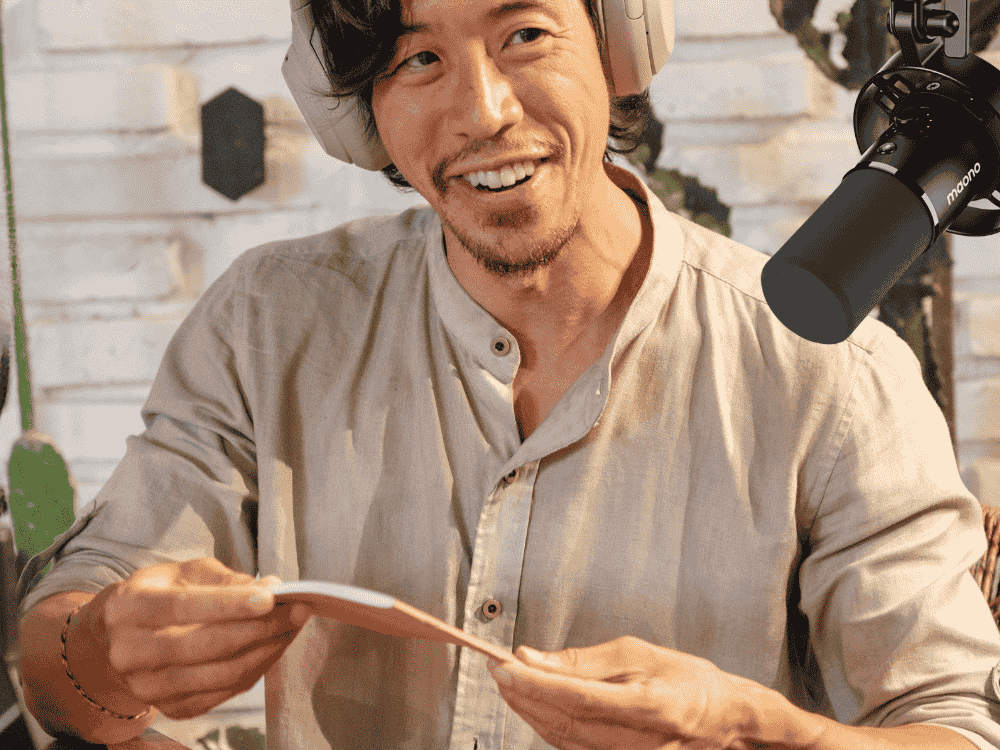Listening to a podcast is easier to consume and you can take it in when you’re out and about, exercising, traveling,
In contrast to the process of writing and publishing a book. Podcasts are time-efficient and economical. Podcasts can be quickly accessed by a wide audience and have a shorter duration. The ability to receive timely and immediate feedback facilitates a smooth working environment. All things considered, it's a platform that makes the user experience pleasant and makes your material appear appealing.
In this digital age, where everything is fast-paced, content creation has evolved significantly, providing creators with more opportunities to share their stories, expertise, and ideas. Traditionally, writing a book was one of the most powerful ways to connect with audiences, allowing authors to showcase their work in a polished, structured format. However, with the rise of podcasting, an entirely new form of storytelling has emerged, challenging the traditional book-writing process.
Podcasting has grown exponentially in recent years, offering an accessible and immediate way for creators to engage with their audience. Compared to writing a book, podcasting offers a more dynamic, conversational medium that allows for real-time engagement with listeners. The ability to record a podcast with minimal gear, coupled with the option to connect directly with audiences through voice, makes podcasting a compelling choice. In particular, the use of high-quality wireless microphones has elevated podcasting, providing clear, professional audio with maximum mobility.
This article explores why podcasting is often the better option for modern storytelling, especially when compared to the process of writing a book. We’ll look at how podcasting compares to book writing in terms of ease of creation, reach, time commitment, costs, and the gear needed to start, including the essential role of wireless microphones.
Is it Easier to Start a Podcast than to Write a Book?
Starting a podcast can be significantly easier than writing a book. While writing a book requires months or even years of dedicated writing, editing, and refining, starting a podcast can be done in a fraction of the time. A podcast requires only a microphone that connects to phone or computer, audio editing software, and an internet connection to distribute the episodes. If you have a mic transmitter and receiver, you can even record on-the-go without being tied to your desk, making it a more flexible option for creators with busy schedules.
While writing a book involves long periods of research, writing, and self-editing, podcasting allows for a more spontaneous and flexible approach. There’s no need to spend years drafting the perfect manuscript. You simply pick a topic, speak your thoughts, and edit your recording for clarity. This makes podcasting far more approachable for individuals with full-time jobs, family commitments, or other agendas.
The technical aspects of podcasting, such as choosing a microphone and editing the audio, are relatively simple and can be done by anyone with basic tech skills. This is in stark contrast to writing a book, which requires a mastery of language, structure, and narrative flow. A podcast can serve as an introduction to your ideas while also allowing you to build an audience as you refine your message over time.
Can a Podcast Reach More People Than a Book?
In terms of reach, podcasts have a significant advantage. While books certainly have their place in the literary world, podcasts reach a broader audience—especially in today’s mobile society. Podcasts are accessible anywhere: in the car, on the train, or at the gym. People can listen while doing everyday tasks, making podcasting a more convenient option for those with busy lives.
Moreover, the podcasting world is global. Whether you’re publishing through popular platforms like Spotify, Apple Podcasts, or Google Podcasts, your episodes can be heard by people all over the world. In comparison, books are limited to specific platforms, bookstores, and readers who prefer to spend the time to sit down and read.
Podcasts also allow for regular interaction with audiences through listener feedback, emails, and social media. This kind of engagement is often difficult to achieve with books, where the author and reader are separated by time and space. With podcasting, you can build a community around your work, interact with fans, and receive real-time feedback.
The mic transmitter and receiver used in podcasts allow for smooth audio recording, ensuring that listeners can enjoy content no matter where they are. Also, podcasts allow creators to engage with their audience in real time, answering questions and responding to feedback in ways that books simply can't.
How Long Does It Take to Start a Podcast Compared to Publishing a Book?
When it comes to the timeline of creation, podcasting is the clear winner. Writing a book typically takes months or years of research, writing, and revisions (especially when you don’t plan to use any AI tools for research to make things a bit faster).
For instance, the process of writing, editing, designing, and publishing a book can take anywhere from a few months to several years. On top of that, you’ll need to spend time finding an agent or publisher, or managing self-publishing efforts.
In contrast, podcasting can be started in a fraction of the time. You don’t need to spend months writing a manuscript. Instead, you can plan a few episodes, record them, edit the audio, and upload them online within days. The creation process is much more time-efficient, allowing you to share content with your audience almost immediately. This is particularly beneficial for creators who want to get their ideas out into the world quickly, whether for a personal project or to capitalize on a trending topic.
What Are the Main Creative Advantages of Recording Audio Instead of Writing?
Recording audio allows for a more natural, authentic flow of conversation. Unlike the structured nature of writing, recording a podcast with a microphone transmitter and receiver allows you to speak freely, providing an engaging, relatable experience for the listener. Podcasts offer creators the ability to experiment with tone, voice inflection, and pacing, which can make content more dynamic. This fluidity creates a deeper connection with the audience as they can hear emotion, humor, and personality come through in the voice.
Furthermore, podcasts offer the opportunity for collaboration, with multiple hosts or guest speakers adding variety to the content. An omnidirectional microphone wireless would be ideal in this case, as it can capture sound from all directions, ensuring that everyone in a conversation is clearly heard.
Aside from the emotional connection, podcasts allow for the use of sound effects, music, and interviews, which can help bring your stories to life. Writing a book, on the other hand, is confined to words on a page. While you can create vivid imagery through writing, the absence of sound and real-time interaction can make the storytelling experience feel more distant and passive.
The ability to record podcasts while experimenting with different formats, such as solo commentary, interviews, or roundtable discussions, adds another layer of creativity. You have the freedom to explore diverse styles of storytelling, and listeners can tune in for fresh, engaging content every time.
Is Podcasting Cheaper Than Self-Publishing a Book?
The cost of podcasting is generally much lower than that of self-publishing a book. When you write and publish a book, you have to account for costs like professional editing or proofreading, cover design, printing, and distribution. These costs can add up quickly, especially if you choose to work with experts in each area. For a high-quality, self-published book, you might be looking at expenses ranging from hundreds to thousands of dollars.
In comparison, starting a podcast can be done for a fraction of the cost. The most significant upfront costs involve purchasing a decent microphone, audio editing software, and hosting services for your podcast. You don’t need to spend money on printing or distribution, and the costs of running a podcast can be minimal, especially if you start with basic equipment.
Podcasting is also cost-effective for marketing—many podcast platforms offer free or low-cost advertising and promotional options, and you can reach a global audience without spending money on physical book tours or book signings.
What Equipment Do I Need to Start a Podcast Instead of Writing a Book?
To start a podcast, you'll need a few essential pieces of equipment. First and foremost, you need a microphone transmitter receiver, which ensures high-quality audio recording and clear sound transmission. Whether you're recording in a studio or on the go, a wireless microphone for camcorder or wireless microphone for DSLR camera can provide the freedom to move without compromising sound quality.
For a more professional setup, you might want to look into an omnidirectional microphone wireless. This type of microphone captures sound from all directions, making it perfect for group discussions or interviews. In addition, you'll need a mic transmitter and receiver system that offers a stable connection, ensuring there’s no interference or loss of sound quality.
Here’s a list of he essential equipment to start a podcast:
Wireless Microphone for Podcasting
A good microphone is crucial for producing clear, professional audio. One of the best options for podcasters is a wireless microphone for camcorders or DSLR cameras, which provides flexibility and mobility while recording. The Maono Wave T5 and Maono Wave T1 Mini are excellent choices for wireless microphones. Both offer great sound quality and are easy to use, making them ideal for podcasting at home or on the go.

This wireless microphone has excellent sound quality with a built-in noise cancellation feature, ensuring your podcast will sound clean even in noisy environments. It also provides reliable connectivity and long battery life, so you can record without worrying about interruptions.
Maono Wave T1 Mini

Compact and lightweight, this wireless mic is perfect for podcasting on the go. It delivers crisp audio and comes with user-friendly features, making it a perfect choice for beginners.
Audio Editing Software
Programs like Audacity or Adobe Audition are essential for editing your podcast recordings. These tools allow you to clean up your audio, remove unwanted noises, and make sure your podcast sounds polished.
Podcast Hosting Service
You need a platform to upload and distribute your podcast episodes. Popular services include Anchor, Libsyn, and Podbean, which offer free and premium plans to suit different needs.
Headphones
To ensure the sound quality of your podcast, you’ll need a pair of quality headphones to monitor your audio while recording and editing.
Investing in just a few pieces of equipment can help you create a high-quality podcast with ease, unlike the time and expense of writing, editing, and publishing a book.
Conclusion
Podcasting offers many advantages over writing a book, particularly for modern-day creators. It’s faster to start, easier to maintain, and reaches a broader audience. Plus, podcasting provides a more personal and dynamic way of storytelling, offering creators a chance to engage directly with listeners.
If you’re considering jumping into podcasting, having the right equipment is essential. A wireless microphone like the Maono Wave T5 or Maono Wave T1 Mini will ensure your podcast sounds professional, even if you’re recording in less-than-ideal environments. Podcasting is an affordable and flexible way to share your message and grow your audience—something that writing a book may not always offer.
Whether you’re sharing your expertise, telling your story, or building a personal brand, podcasting is a powerful medium for today’s content creators. If you’ve been hesitant to get started, remember that the gear is simple, the commitment is flexible, and the rewards are worth it.
Don't miss out on Maono's exciting Easter deals! Whether you're upgrading your podcasting gear or starting fresh, now is the perfect time to grab high-quality microphones like the Maono Wave T5 and Maono Wave T1 Mini at unbeatable prices. Shop today and take your content creation to the next level!


